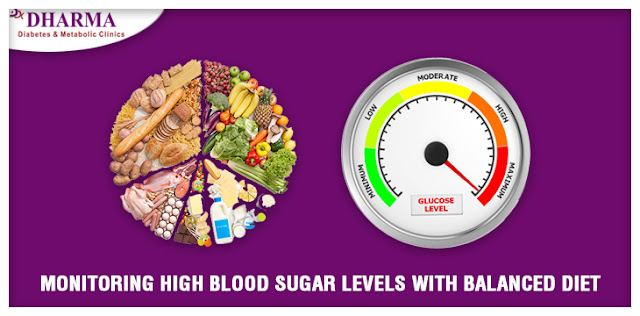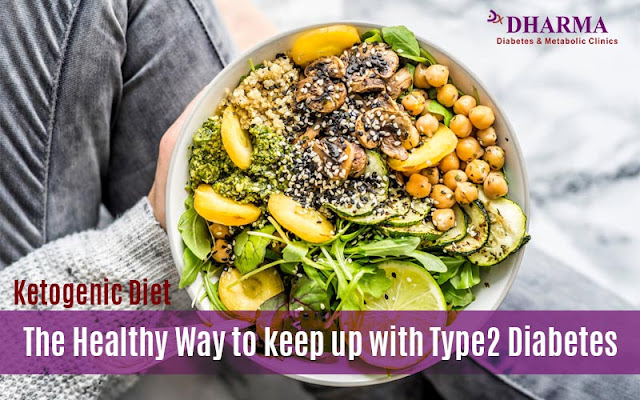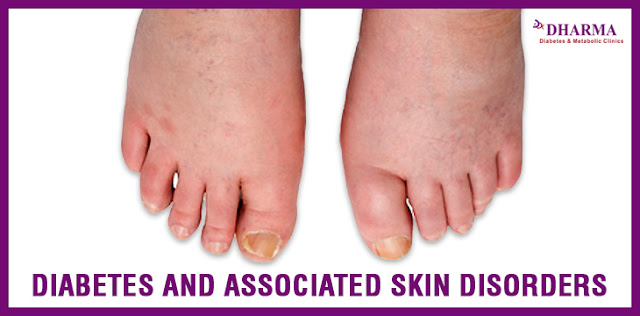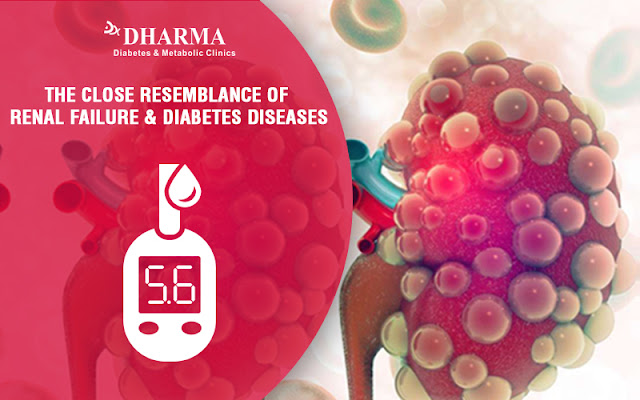Monitoring High Blood sugar Levels with Balanced Diet
Hyperglycemia is a diabetic condition happening as a result of increased blood sugar level. A healthy diabetic diet with proper medication helps in keeping blood glucose under control. High blood sugar level or hyperglycemia can be mainly divided into after-meal hyperglycemia and fasting hyperglycemia depending on the time of occurrence.
As the name suggests after-meal hyperglycemia or postprandial hyperglycemia normally happens after taking meals and fasting hyperglycemia occurs after extended fasting. When the person monitors blood glucose level, the value of sugar intensity level reaches above 180 mg/dl in the case of postprandial hyperglycemia and it reaches above 130 mg/dl in case of fasting hyperglycemic condition.
Symptoms visible in hyperglycemic patients:
Symptoms shown by hyperglycemic patients will vary according to the patient's age and intensity of the diabetic condition. Severe headache, loss of consciousness and thirst are some of the earlier signs shown by hyperglycemic patients. Increased blood glucose level causes various stomach problems like constipation and diarrhea in patients. Some patients show slow healing, footsore problems, and appetite as a consequence. In advanced stages, hyperglycemic patients may trouble from blurred vision, glaucoma, frequent urination, and swelling of body parts.
Causes
Now let's see the causes of hyperglycemia or increased blood sugar level. Uncontrolled food intake is considered as a major cause for the occurrence of hyperglycemia. Foods with rich carbohydrate concentration increase blood sugar to a maximum level. Maintaining a well balanced diabetic diet is the only solution to this problem. Lack of exercise results in the accumulation of fatty deposits in the body thereby it increases the chance of hyperglycemia.
Blood pressure is another cause for the formation of increased blood sugar level. Excessive food intakes with no exercise increases body weight promoting hyperglycemia. High stress condition induced in patients creates spike in blood sugar level. Inappropriate insulin dosage is yet another factor to decide the occurrence of hyperglycemia. Insulin, if not taken in required amount may create several health problems leading to hyperglycemia.
Diet plays a key role in controlling the blood glucose level of diabetic patients. Consuming meals according to a preplanned diabetic diet will do well. Patients with hyperglycemia should minimize their food intakes with rich fat and carbohydrate concentration. Rice, potato, cereals and sugary beverages like coffee, tea, and wine are some of the food items with increased sugar concentration. It is necessary for hyperglycemic patients should completely avoid alcohol consumption so as to maintain blood sugar under control. Alcohol consumption promotes quick metabolism and causes a sudden increase in blood sugar level.
Nutritionists prefer fruits and vegetable juices for diabetic patients instead of other sugary beverages like wine and coffee. Patients are often advised to take white meat like boiled chicken rather than fried one for improving their health. Also, have a regular check on blood glucose level by making use of continuous blood glucose monitors and plan diet accordingly. High blood sugar level in diabetic patients can be easily controlled by planning a diabetic diet with proper medications.
Resource Box:
For High blood, sugar treatment must not forget to meet Dr. Mudit Sabharwal, who is an expert diabetologist in the region.




Comments
Post a Comment